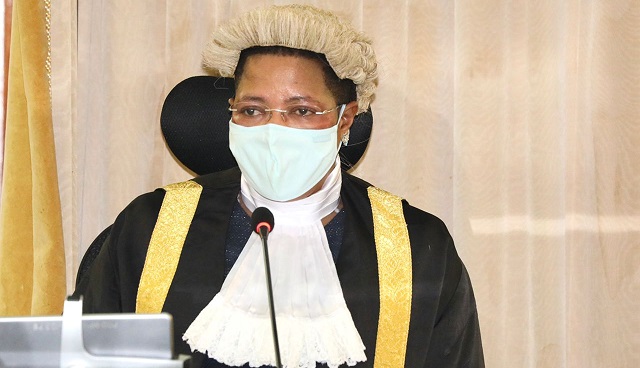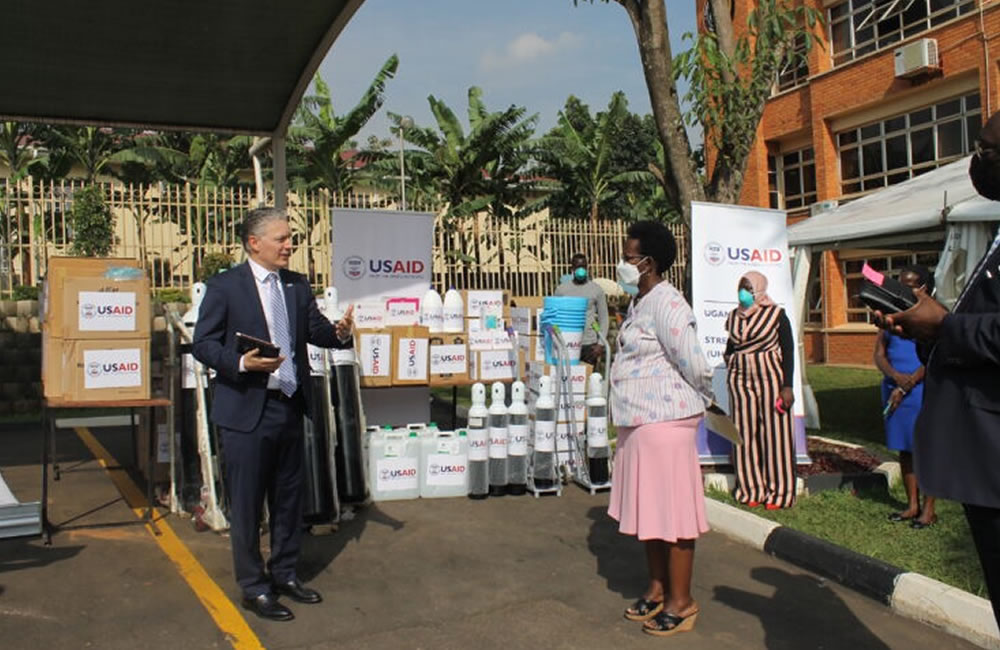Speaker Anita Among has urged government and the United Nations (UN) to ensure that implementation of the Sustainable Development Goals (SDGs) reaches the most marginalised and vulnerable communities.
She said that this will aid the achievement of the desired SDGs.
“There should also be credible and timely information of the people and communities left behind so that they can be better targeted by government development programmes, laws and policies, and appropriate attention,” Among said.
Among was speaking at the Sustainable Development Goals conference at the Kampala Serena Hotel on 17 June 2022. The event is being held under the theme, ‘Building an effective model to accelerate the SDGs in the Post-Covid-19 era’
“I therefore urge you participants in this conference that as we deliberate on key models to accelerate the SDGs, let us also make an effort to map and identify those communities that have been left behind so that we can better serve them,” she said.
Among also gave a reassurance of Parliament’s commitment to oversee and ensure accountability for the efficient and effective delivery of expenditures, laws and programmes which have a direct impact on the people.
“Parliamentarians establish an accountability enabling environment through enactment of laws, but also have direct responsibilities for ensuring accountability through their oversight efforts. In doing this, Parliament ensures government programmes and SDG aspirations reach and make sense to the common person,’ she said.
The Minister for General Duties in the Office of the Prime Minister, Hon. Justine Lumumba recognised and applauded Parliament for its role in supporting government to attain the SDGs.
The Chief Justice, Alfonse Owiny Dollo cautioned officials against corruption saying that the vice heavily impedes implementation of several programmes.
The SDGs were adopted by the UN in 2015 as a universal call to action to end poverty, protect the planet, and ensure that by 2030 all people enjoy peace and prosperity. They are designed to end poverty, hunger, AIDS, and discrimination against women and girls.
The 17 SDGs are integrated; they recognize that action in one area will affect outcomes in others and that development must balance social, economic and environmental sustainability.
Countries have committed to prioritise progress for those who’re furthest behind


